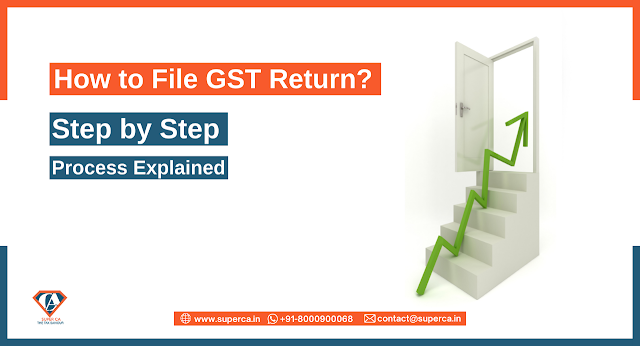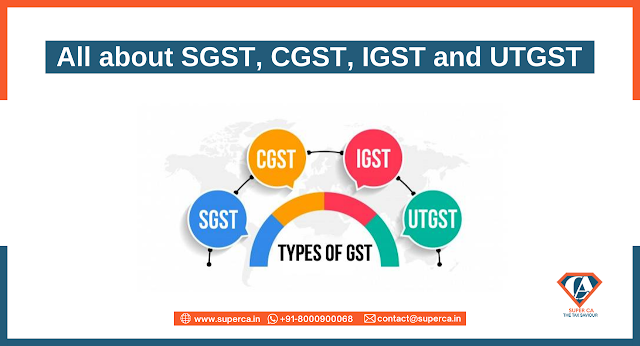6 Ways Sole Proprietorship Helps You in Getting More Business
Online Sole proprietorship registration is the easiest and most inexpensive form of registration to get. It is the most popular type of business type to begin in the unsystematic sector, specifically among small businesses. It's simple to start as fewer formalities are required & less waste of time for taking various approvals. Also, it has minimum compliance that is required to be adhered to get it incorporated.
A sole proprietor has complete control over the revenue and operations of their business, provided they are within legal parameters. It is also the reason why online sole proprietorship registration is often termed “One Man Business Registration”. A sole proprietor is not a legal entity, but a natural person, and there is no legal distinction between that person and the business.
This business type has multiple advantages as compared to other structures for those people who are starting a new business with comparatively fewer risks. In this article, we’ll talk about why you should go for online sole proprietorship registration and gain maximum benefits from it.
How Sole Proprietorship Helps You in Getting More Business
An easy and inexpensive process
The establishment of a sole proprietorship is generally an easy and inexpensive process as fewer formalities are required & less wastage of time for taking various approvals. In all cases, you’ll notice that the process requires minimum or no fees, as well as very little paperwork. Because of minimal complexities, the sole proprietors can focus on enhancing their business rather than focusing on meeting various compliances.
Recognition as a Supplier of Goods & Services.
The Proprietor will be legally recognized as a Supplier of Goods & Services. He can also claim the Input tax credit (tax paid on the purchase of goods & services). This legal recognition will indirectly help in getting more consumer trust.
Lesser Taxation
Since there is no legal difference between a sole proprietorship business and a sole proprietor for the calculation of tax liability, there can be various ways through which income tax benefits can be availed.
The assets and liabilities of the Sole Proprietorship are the assets and liabilities of the Sole Proprietor. A separate return is not required for the Sole Proprietorship firm apart from the individual proprietor’s return. Also, the tax is calculated at income tax slab rates applicable to an individual. Also, If you are registered under GST, then you also need to file your GST Return
Job Creation
The sole proprietorship can also lead to many of the benefits associated with job creation.
Sole decision maker
As only a single person is in command, it is easier to operate as the particular person will be the sole decision-maker and he need not consider a plethora of opinions. This will indirectly benefit the business as there is no chance of a conflict of ideas or decisions... There is no concept of board meetings and no agreements between partners or partnership agreements is required.
No profit-sharing
Profits flow directly to the proprietor’s personal tax return and they are not subject to the second level of taxation. The proprietor only has to file his/her own tax return and no separate return is retired to be filed. In other words, profits from the business will not be taxed at the business level which definitely acts in the favor of the business.
Final Thoughts
Simplicity is the main hook for online sole proprietorship registration. While the simplicity of sole proprietorships
provides a boost to new businesses, it tends to hurt the success of more
established businesses that might be better suited for a different structure.
It is very common for sole proprietors to convert their business into
partnerships and private limited companies after the business achieves
sustainable growth.





Comments
Post a Comment